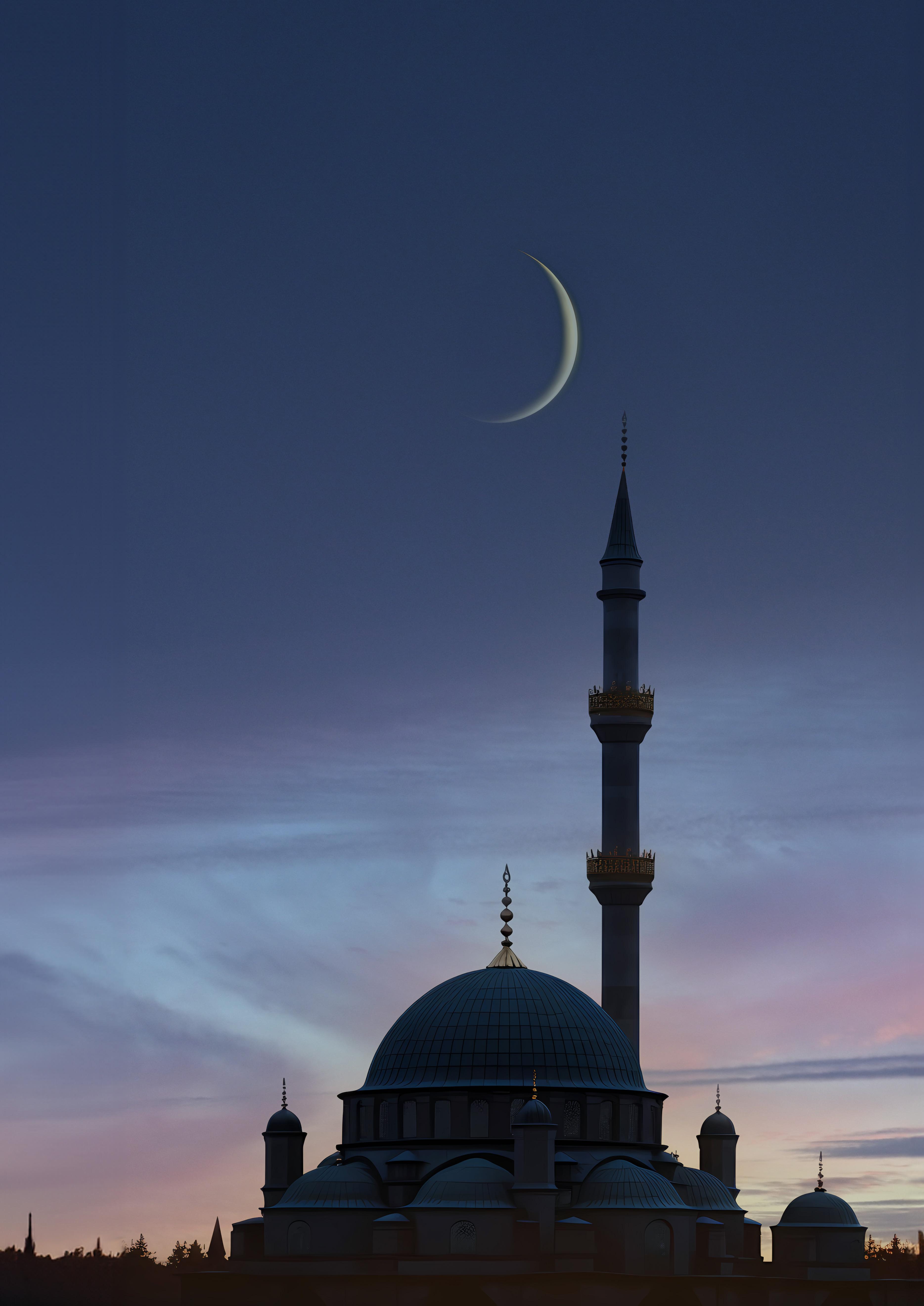

Ramadan
A GUIDE FOR UNDERSTANDING AND RESPECT
This booklet explores Ramadan's significance in Islam and offers insightful guidance for those wishing to respectfully participate alongside their Muslim colleagues, friends, and neighbors during this holy month.
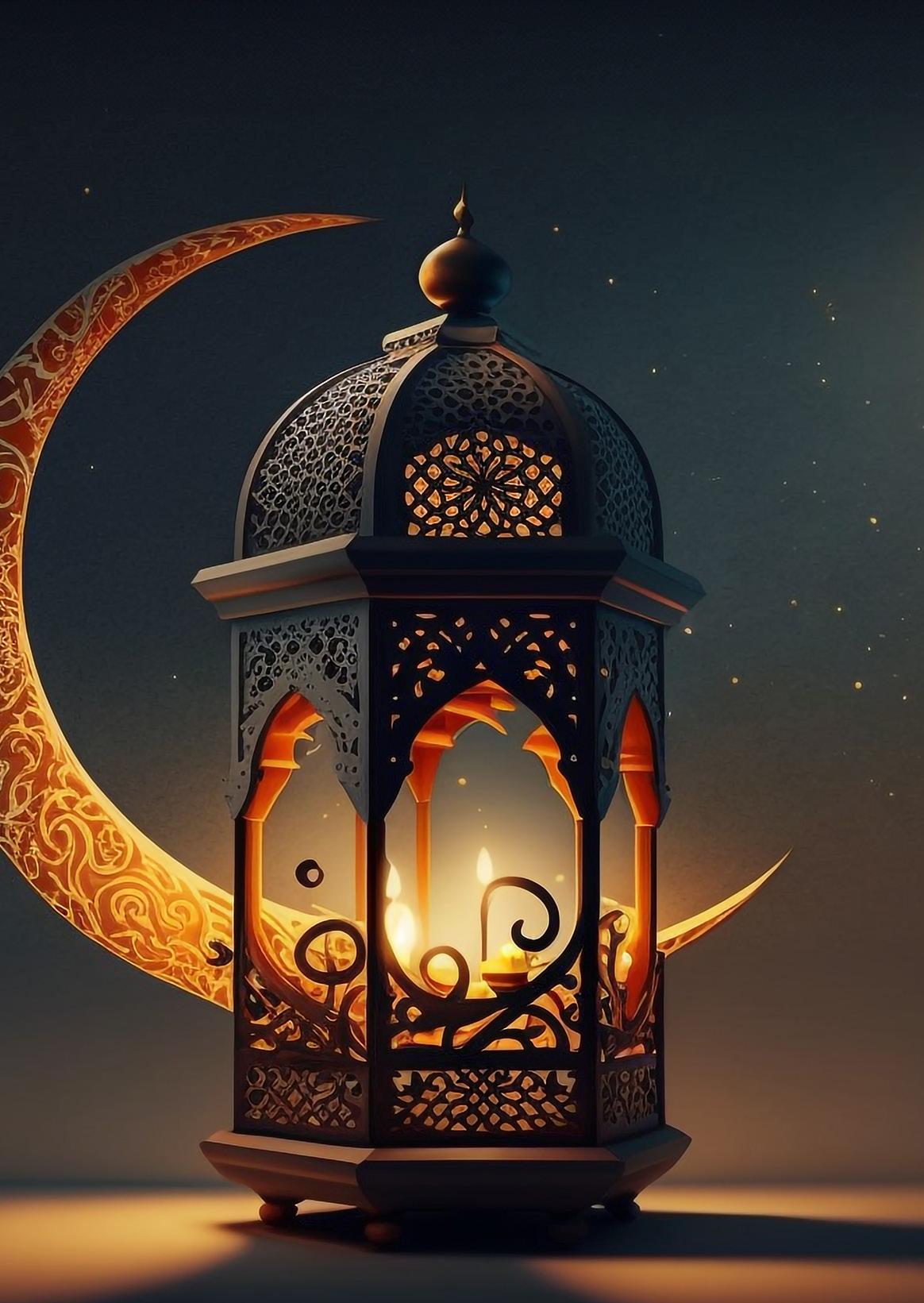
Understanding Ramadan:
A Month of Reflection and Growth

The holy month of Ramadan is expected to start on 10 March 2024 and the Human Resources Department is pleased to provide this brief introduction of what Ramadan is, an explanation of its importance to followers of Islam and some advice and guidance on what you can do to join in with the sentiments of the season. Whether this is your first experience of Ramadan or you have experienced it a number of times, we hope that you find this information useful and informative.
Ramadan is the ninth month of the Islamic calendar and is where Muslims worldwide observe a month of fasting. This annual observance is one of the five pillars of Islam, which are the foundation of Muslim life and considered mandatory by followers of the faith.
Ramadan begins at the sighting of a new moon and lasts for 29 or 30 days. It is considered the most important month of the Islamic calendar as it was during this month that the Prophet Muhammad received the first revelation of the holy Quran. The Islamic calendar is a lunar one, so Ramadan occurs at different times on the Gregorian calendar every year. Ramadan is a special time of year, regardless of your faith as it is a month of peace, giving and contemplation.
During Ramadan, all healthy Muslims will fast (known as sawm) from sunrise to sunset. During this time, they must abstain from eating and drinking, chewing gum, using tobacco and engaging in any form of intimacy. Behaviour such as fighting and lying is also forbidden. As well as a form of worship and a chance to get closer to God, fasting is also intended to help build self-control, to learn patience and break bad habits. It is also intended to increase empathy for the poor and during Ramadan, there is an increase in good deeds and charity.
During Ramadan, most Muslims will wake up just before sunrise to eat a meal or some food and this is known as Suhoor. They will then not be able to eat or drink again until sunset, when it is traditional to break the fast with dates and to then eat. This meal is known as Iftar. If the fast is missed, it should be made up at a later date or a donation to the poor should be made instead.

• Remember that during Ramadan, working hours for many places, such as banks, malls and markets will change. Most shops will be closed until after Iftar but will stay open until well after midnight in some cases. Where possible, ensure that you get any official business with government ministries organised before Ramadan starts, as they will be operating on reduced hours. Note that restaurants are closed during the day. Some may open an hour or so before sunset for takeaway orders.
• Supermarkets are usually open during the day, but it is advisable to avoid them from noon to Iftar, as they will be busy with families stocking up on groceries for the evening meal.
• Please do not play loud music. Ramadan is a time for prayer and spiritual reflection. As such, it is important to respect the peace by not playing loud music in your home or in your vehicle.
• Public displays of affection are not encouraged. This should be normal practice in Qatar, but it is especially important during Ramadan and public intimacy should be avoided.
• Avoid driving at sunset if you can. As the day draws to a close, the roads fill with people heading to break their fast at Iftar celebrations. As they would not have eaten or drunk for twelve hours, you would be wise to avoid the roads if you can.
• Please be considerate to those who are fasting. If you have friends or colleagues who are fasting, understand that it is not easy and they might be low on energy. They will have to wake very early to eat and even if they eat and drink at night and in the morning, the body will soon run out of energy during the day without regular food and drink. If you have colleagues who are fasting, try to support them by taking measures such as organising meetings earlier in the day, when they are likely to have more energy.
• Join your Muslim friends for Iftar. This is a special meal and is an intimate gathering with a feast of delicious food. If you are invited to an Iftar, you should try not to refuse as this may be seen as disrespectful. If this takes place at the home of a Muslim, ensure that you take off your shoes and eat with your right hand. Do try to sample all of the different food available and try not to refuse food if it is offered to you.
• Enjoy the local culture and take your family to an Iftar in one of the many hotelbased Iftar tents. These are a great way to enjoy the spirit of Ramadan.
• Ramadan is a time of gratitude and charity, and non-Muslims can join in with this by donating food, clothes or money to individuals and charitable organisations.
Celebrating Ramadan:
Inclusivity and Awareness
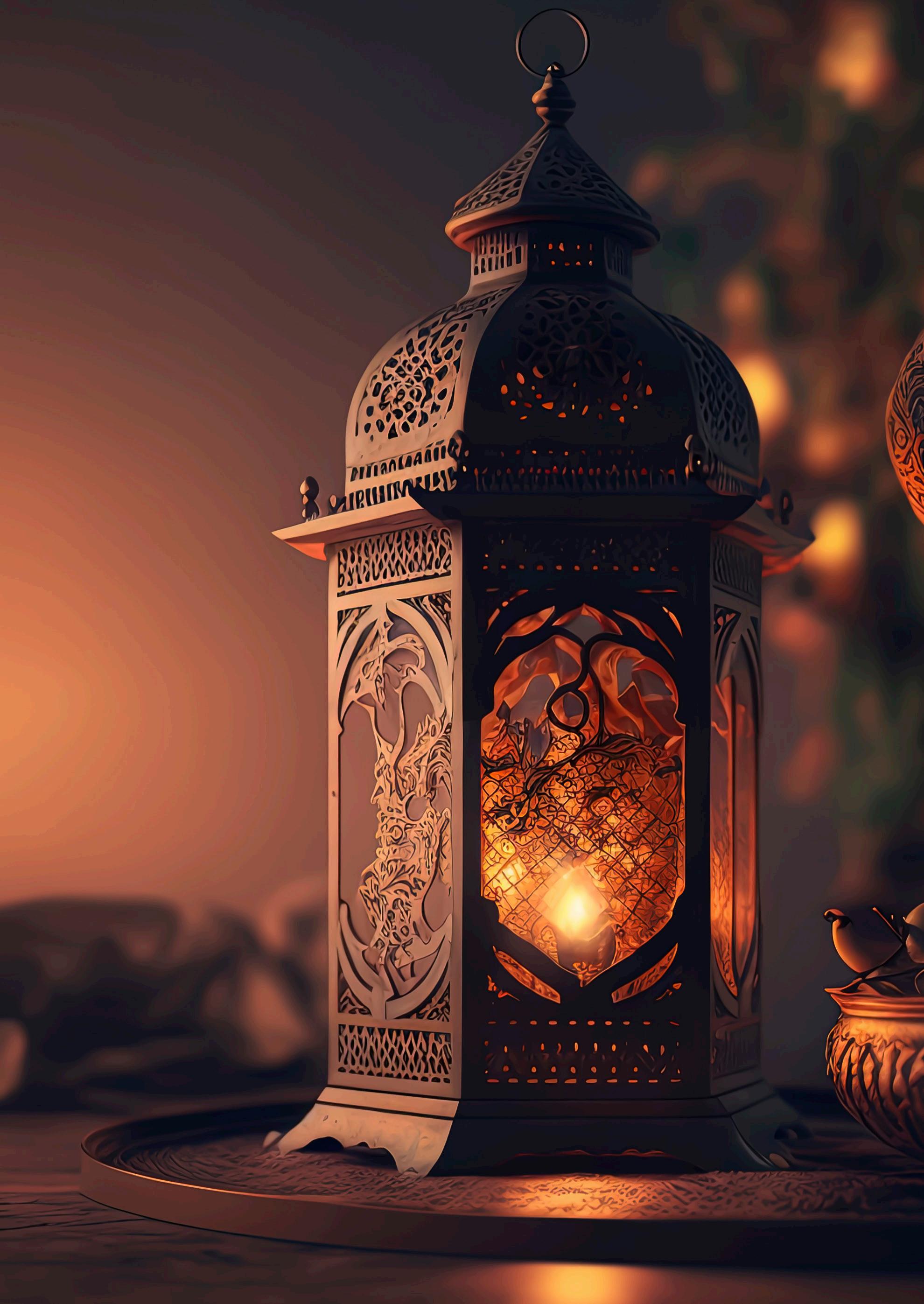
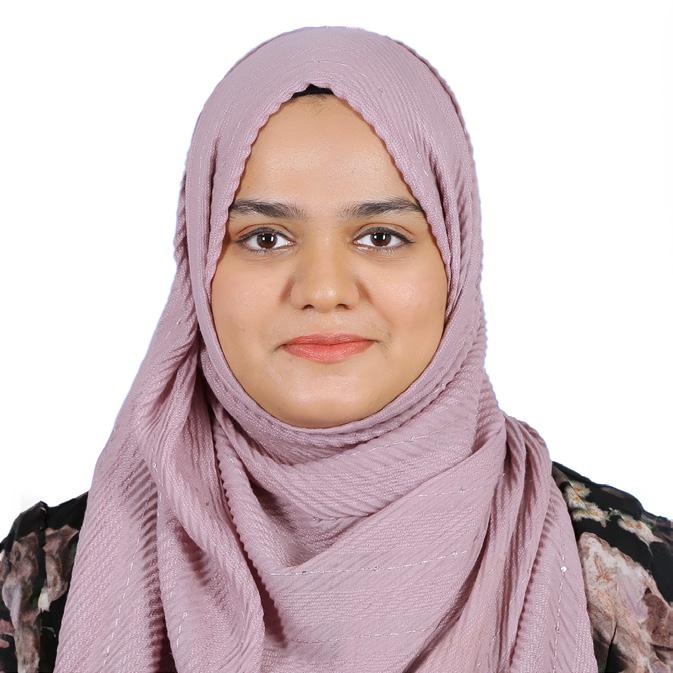
Uzma Shaikh
HR Administrator
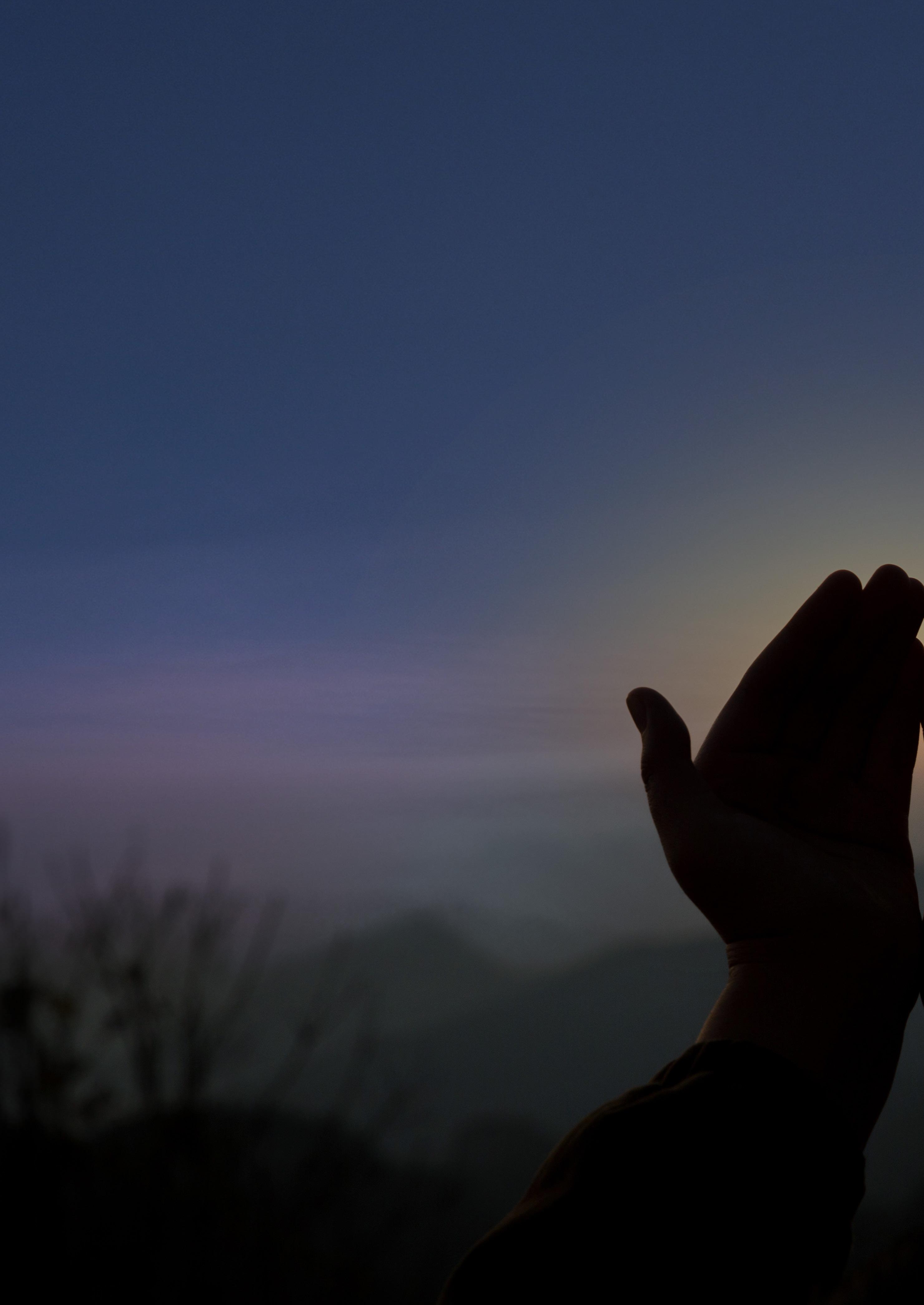
What does Ramadan mean to you?
Ramadan is an important act of worship that teaches selfdiscipline, empathy, and spiritual awareness. It is a time to strengthen family and community ties and to seek forgiveness for one’s sins. For me, Ramadan is the golden opportunity to connect the most with the Almighty and to adapt good practices in our life.
Why is Ramadan such a special time of year in the Islamic calendar?
“O you who have believed, decreed upon you is fasting as it was decreed upon those before you that you may become righteous”. “The month of Ramadhan [is that] in which was revealed the Qur’an, a guidance for the people and clear proofs of guidance and criterion”-taken from Surah Baqarah–Versus from the Quran.
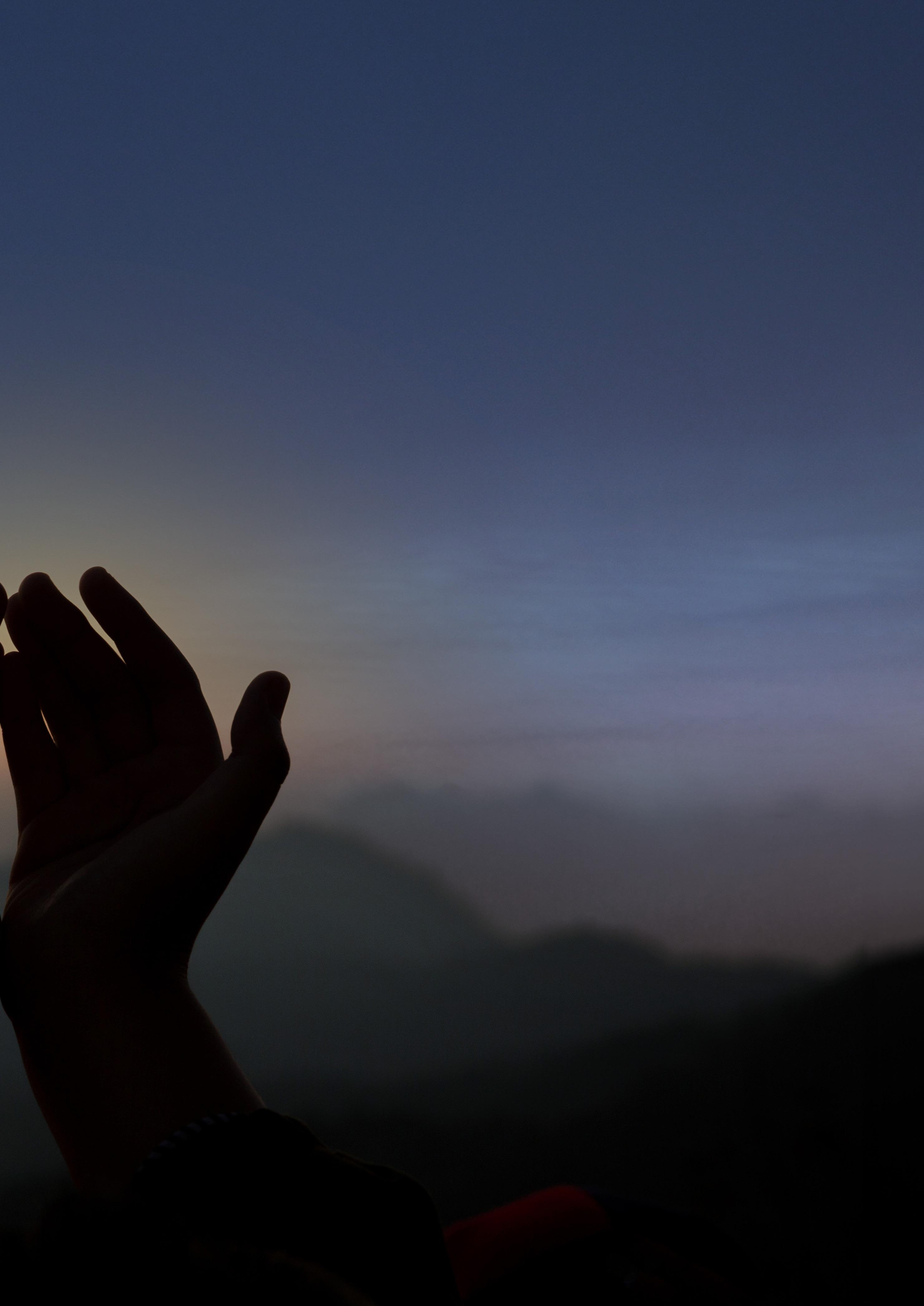
What can non-Muslim staff do to join in the spirit of Ramadan? / How can your colleagues support you with fasting?
Observing Ramadan as a non-Muslim can help foster empathy and understanding for those who are practicing the fast. By experiencing some of the same limitations and challenges, non-Muslims can gain a deeper appreciation for the discipline and commitment required during Ramadan. Ramadan is a time of communal celebration and breaking fast together. Non-Muslims who participate in Ramadan may find that they are able to connect with new communities and build meaningful relationships with those who are observing the fast.
What is your favourite thing about Ramadan?
My favourite thing about Ramadan is the Night of Laylat-alQadr. The Almighty has granted special virtue to this month by placing Laylat-al-Qadr(Occurs among the odd-numbered nights of the last ten nights of Ramadan). Laylat-al-Qadr is the prized jewel of Ramadan. This night carries more blessings than a thousand months. Muslims spend this night in prayers, making dua and seeking forgiveness for past sins.
Why do Muslims fast during Ramadan?
The Prophet peace be upon Him said: “Whoever fasts during the month of Ramadan out of sincere faith, and hoping to attain Allah’s rewards, then all his past sins will be forgiven.”
How would you normally break your fast?
I break my fast by praying to the Almighty which says” O Allah! I fasted for You and I believe in You and I put my trust in You and I break my fast with Your sustenance and then I first have a date followed by water and fruits. We have a meal later after the Maghreb prayers.
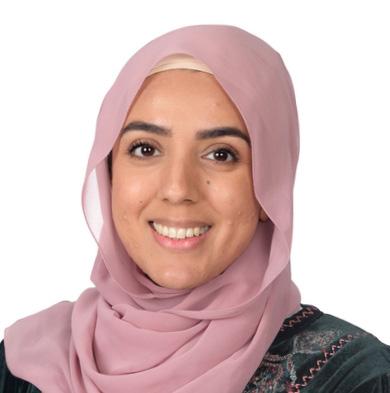
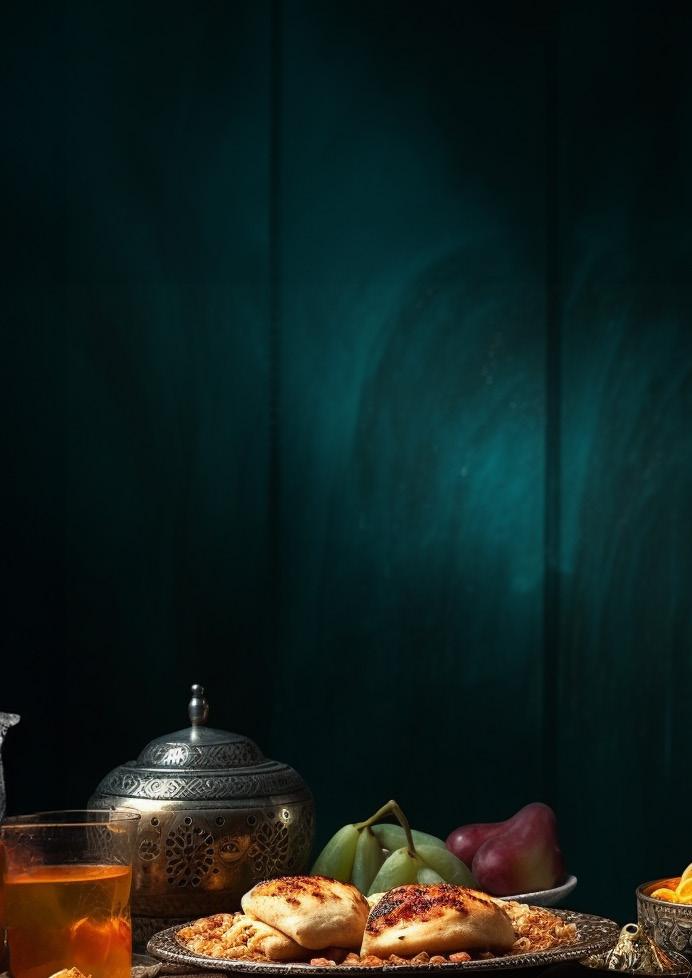
Sanaa Choudry
Primary Teacher
Subject Leader - English
What does Ramadan mean to you?
“For me, Ramadan is the perfect opportunity for self-reflection. While self-improvement should never be restricted to any specified time within the year, it is different in Ramadan. Muslims believe that during this month the gates of Heaven are opened and the gates of Hell are closed. For this reason, it is easier to be liberated of your vices. My primary focus is to purify the soul of actions throughout the year that have negatively impacted on my habits and lifestyle. Through the course of Ramadan, I am able to reflect more profoundly upon my predicaments and ask questions necessary to become a better version of myself.”
Why is Ramadan such a special time of year in the Islamic calendar?
“Ramadan is special for many reasons. Not only does it mark the ninth month in the Islamic Calendar, which follows the lunar cycle, it also celebrates the revelation of the Qur’an. The month itself is considered a blessing from God, whereby Muslims will fast during the daylight hours and focus heavily on recitation of the Qur’an to develop a deeper sense of faith.”
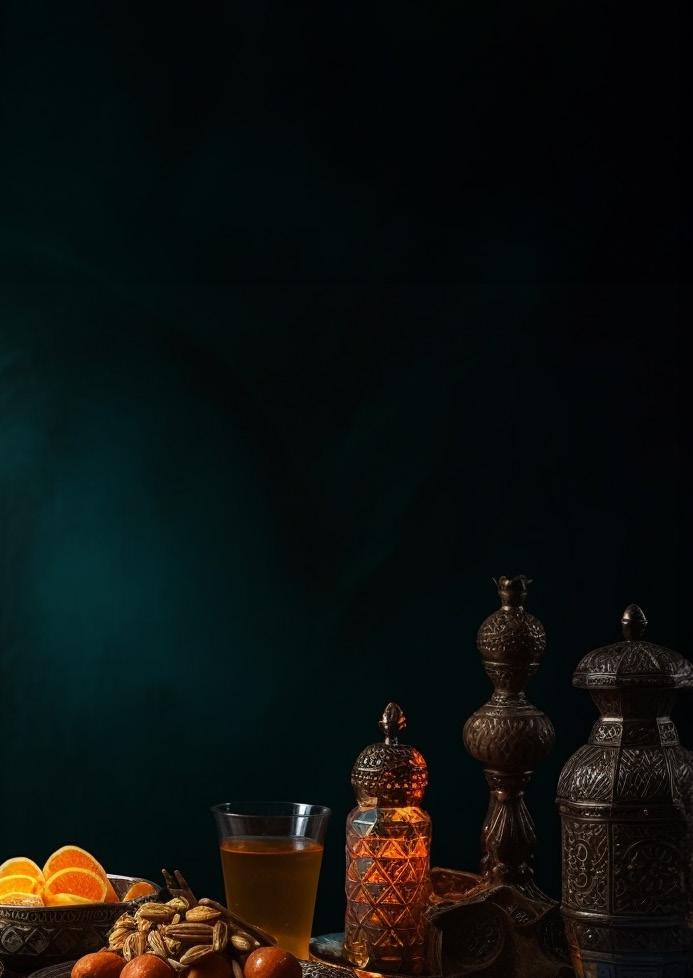
What is your favourite thing about Ramadan?
“There are 2 key aspects that I enjoy most of Ramadan: Charity and cohesion in the community. Offering charity is one of the 5 pillars in Islam, and this act is rewarded more so during the holy month. Living in Qatar, it is quite easy to adapt to a comfortable lifestyle and focus on ‘first world problems’. During Ramadan, I love being able to reflect on the wider world. It is necessary to take a moment or two and be thankful for all I have and to offer support to those who are in need of the basics, which can so often be taken for granted. This is also a time where unity in the local community is celebrated. Seeing individuals of all races and ethnicities, Muslim or not, unite during suhoor and iftars reinforces positivity and harmony within society.”
Why do Muslims fast during Ramadan?
“The core purpose of Ramadan is to purify the soul and to develop a closer relationship with God. The discipline required to complete Ramadan is supposed to cleanse a Muslim, but it also teaches us about the importance of gratitude and the sharing of wealth with those who are less fortunate. By abstaining from food and water, Muslims enhance their spirituality by focusing more intensely on their faith through prayer and offering in acts of charity.”
How can your colleagues support you with fasting?
“Tolerance and support is most appreciated during Ramadan. I have been incredibly fortunate to work alongside colleagues who have always been accepting and understanding during Ramadan, whereby they have even chosen to fast themselves in order to develop a deeper sense of empathy for the challenges it holds. The early days of Ramadan are the most challenging, therefore it is appreciated when colleagues are mindful of consuming lots of food or water in front of a fasting person during this time. I can be particularly grouchy during these days of the holy month as well because I am weaning myself off the caffeine - patience from others is most valued here!”
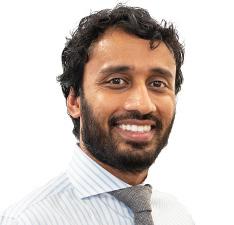
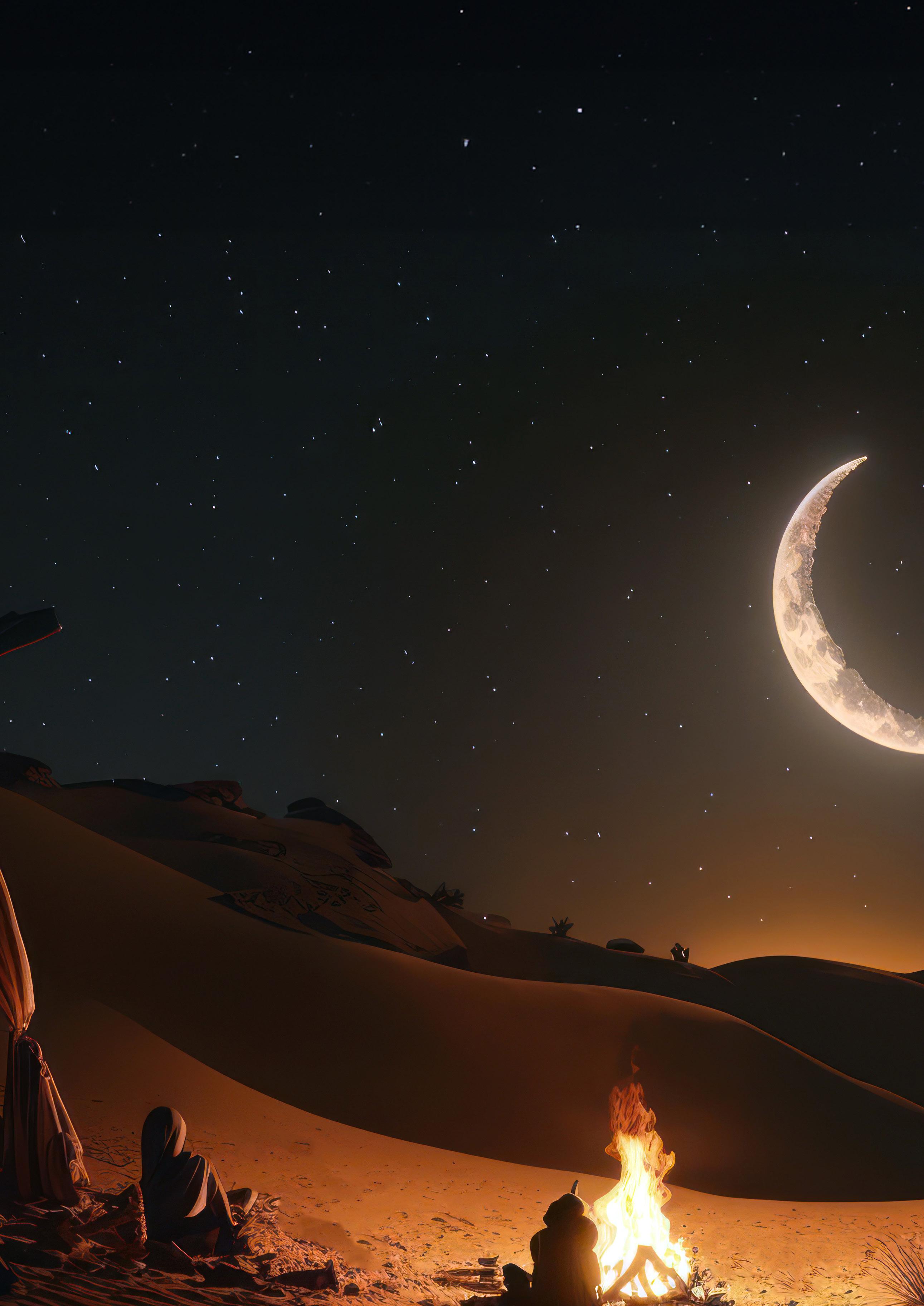 Syed Razzaq Head of Key Stage 4 Mathematics Teacher
Syed Razzaq Head of Key Stage 4 Mathematics Teacher
What does Ramadan mean to you?
“Ramadan is a chance for me to get closer to God by performing extra acts of worship. It is an opportunity to gain a huge amount of good deeds and the chance of getting all previous sins forgiven. Attaining good deeds can be done a number of ways, for example, by giving charity, providing food to people for breaking their fasts, praying all the five daily prayers in the mosque and reading the Qur’an.
Also, it is advised to make plenty of supplications as the supplication at the time of breaking the fast is not rejected. The reward for fasting is unknown to us and is only known to God (this is something beyond the limit of our imagination, and beyond the limit of what words can describe). In addition to carrying out these positive acts, I must refrain from doing any bad actions as they can render my fast invalid. These include lying, swearing, quarrelling, being unnecessarily extravagant and wasteful.”
Why is Ramadan such a special time of year in the Islamic calendar?
“It is considered to be the best of the Islamic months, and it is a time when it is easier to attain good deeds and harder to sin. The Qur’an was first revealed to the prophet Muhammad (peace be upon him) during the month of Ramadan on Laylatul Qadr. Laylatul Qadr (the night of decree) can be found in one of the odd nights in the last 10 days of Ramadan, which are the most blessed nights of the year. Worshipping God on Laylatul Qadr is more rewarding than doing so for 1000 months. We are encouraged to spend the whole night praying or reciting the Qur’an. Whoever does so and seeks God’s reward will have their previous sins forgiven.”
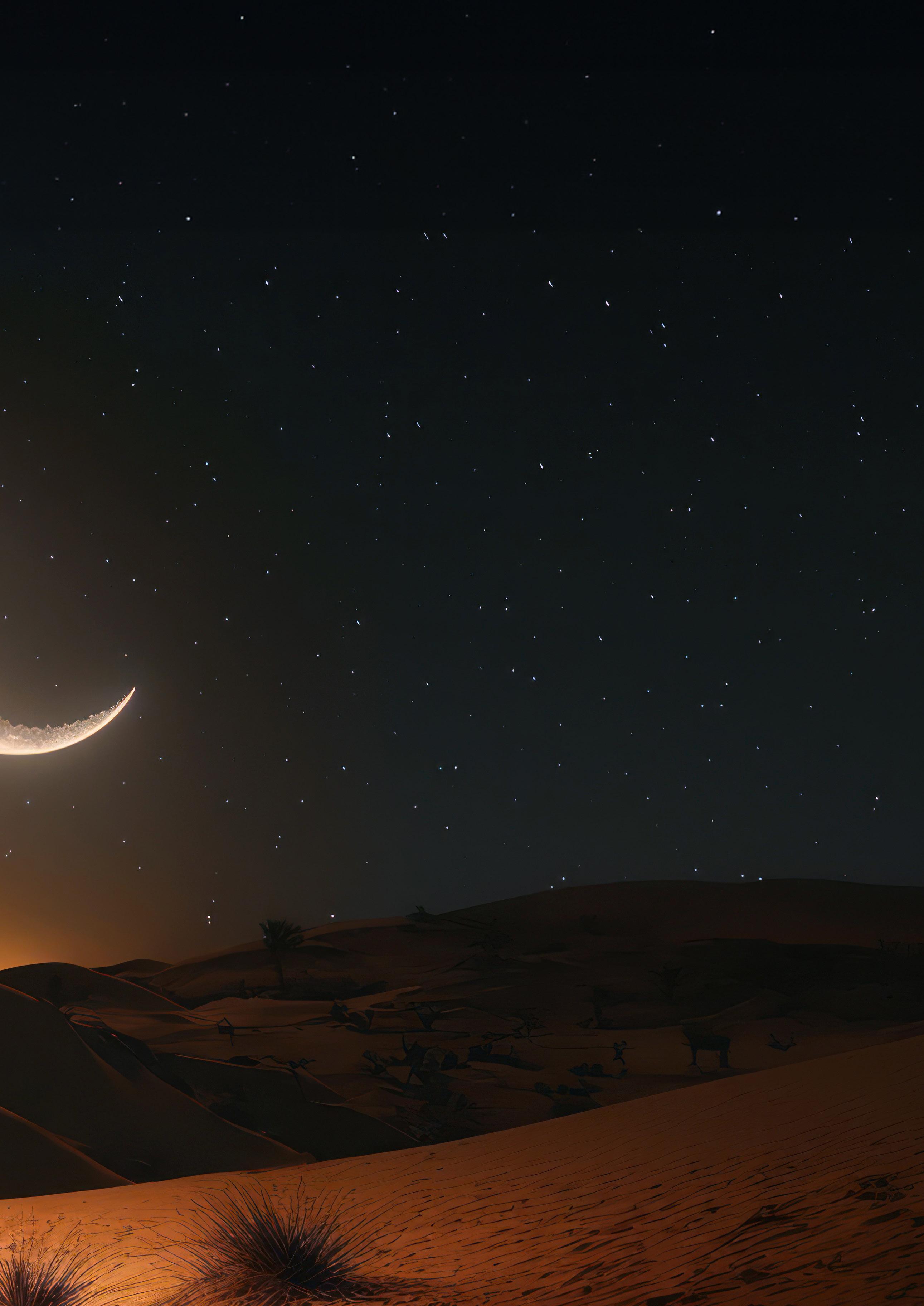
What can non-Muslim staff do to join in the spirit of Ramadan?
“Non-muslims can fast for a day to experience what it is like (it will be difficult, as it will be for me for the first few days!). It will be great test of patience and perseverance. There are many events happening in Doha which are targeted at nonMuslims to learn more about Ramadan. There are opportunities where people can donate money to feed labourers. They can also attend the Friday sermon in English which takes place in Aspire Mosque or Bin Zaid Mosque.”
What is your favourite thing about Ramadan?
“Spending time with my family and breaking our fasts together. Going to the mosque and performing the extra prayers and listening to the recitation of the Qur’an.”
How can your colleagues support you with fasting?
“The shorter working hours and the later starting time helps immensely. Be aware that some people will feel tired and less energetic towards the second half of the school day. Also, the first few days will be difficult as the body adapts to the new routine.”
Why do Muslims fast during Ramadan?
The real reason is that it is a command from God. By fasting, you are demonstrating your submission to the will of God and only He knows if you have truly fasted or not. It is an obligatory act of worship and cannot be left. Some of the people who are excluded are:
Children under the age of puberty (although it is highly advised they start fasting when they are capable so that it is easier for them when it becomes mandatory)
1. The elderly
2. Those who are disabled or mentally not well
3. Pregnant, breastfeeding and menstruating women
4. Travellers
5. Anyone who is sick or suffering from an illness
How would you normally break your fast?
“I usually open my fast with dates and some water. This is followed by fruit and then a main meal after the sunset prayer. The main meal can be anything, but as I have not eaten anything all day, I make sure it is something healthy and nutritious. Because of the fasting, I cannot eat as much as I usually do and get full quite quickly.”
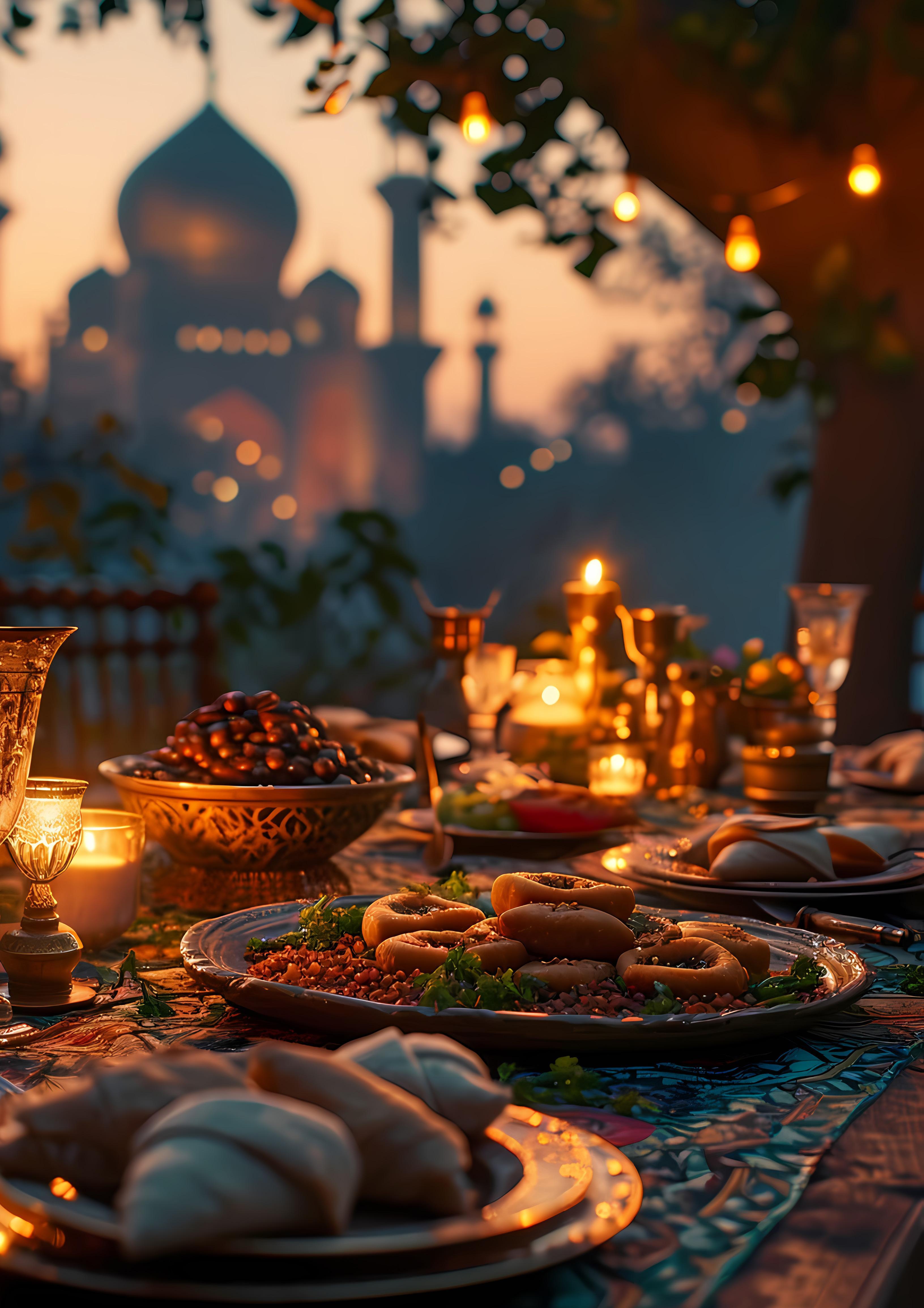
Ramadan in the Workplace: Fostering Harmony
Ramadan offers a unique opportunity to foster understanding, respect, and inclusivity within our community.
